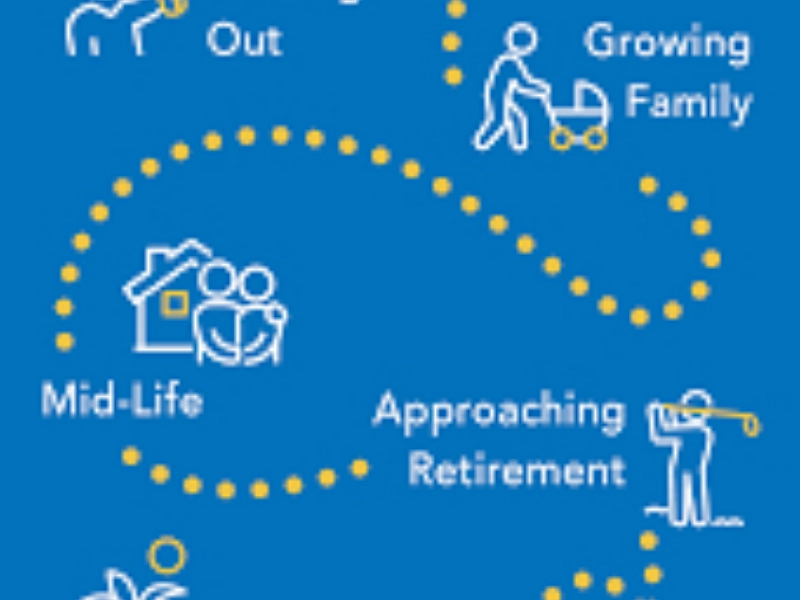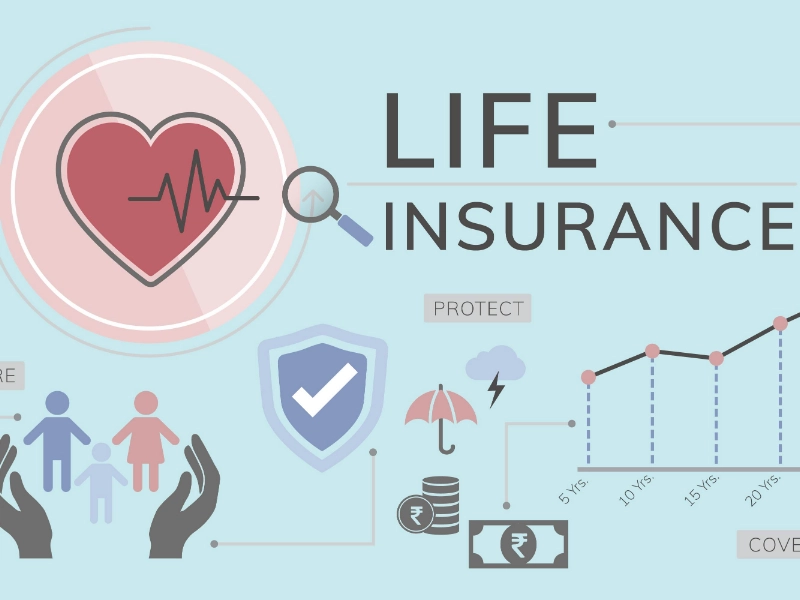For many people, filing for bankruptcy carries a social stigma. By choosing what they see as the "easy way out," they believe they are not acting in a responsible manner. Nonetheless, filing for bankruptcy is a legal procedure that gives debtors a new lease on life. Thankfully, bankruptcy is becoming less common and carries less of a stigma.

 It might be easy to feel alone when navigating your circumstances if you're having trouble with debt. But a lot of individuals have been in your position before. It's possible that you know someone who has declared bankruptcy. Gaining clarity, safeguarding your rights, and assisting you in boldly pursuing financial independence are all possible with an understanding of bankruptcy reality and legal counsel.
Don't let fear, misinformation, or social stigmas get in the way of your goal of financial independence. Make an appointment for a free consultation to discuss the difficult issues, dispel falsehoods, and receive advice tailored to your particular circumstances. It's time to take back your rights, pay off your debt, and make a fresh start. Refrain from allowing debt consolidators or creditors to coerce you into not requesting your constitutionally guaranteed right to financial relief.
It might be easy to feel alone when navigating your circumstances if you're having trouble with debt. But a lot of individuals have been in your position before. It's possible that you know someone who has declared bankruptcy. Gaining clarity, safeguarding your rights, and assisting you in boldly pursuing financial independence are all possible with an understanding of bankruptcy reality and legal counsel.
Don't let fear, misinformation, or social stigmas get in the way of your goal of financial independence. Make an appointment for a free consultation to discuss the difficult issues, dispel falsehoods, and receive advice tailored to your particular circumstances. It's time to take back your rights, pay off your debt, and make a fresh start. Refrain from allowing debt consolidators or creditors to coerce you into not requesting your constitutionally guaranteed right to financial relief.
 It can be time to think about filing for bankruptcy if you're having trouble making ends meet, are behind on your credit payments, or are being harassed by creditors. However, don't let misconceptions and myths surrounding bankruptcy keep you from receiving the assistance you require.
Many people worry that if they declare bankruptcy, people will think less of them. In actuality, most bankruptcies are not the result of debtors lying or taking advantage of creditors; rather, they are the result of events outside of their control.
Life after bankruptcy is full of opportunities rather than constraints. Accept the facts, dispel the myths, and learn that filing for bankruptcy is a strong legal right that can lead to empowerment. The stigma is gradually fading as more people become aware that making the decision to reduce debt does not equate to failure.
It can be time to think about filing for bankruptcy if you're having trouble making ends meet, are behind on your credit payments, or are being harassed by creditors. However, don't let misconceptions and myths surrounding bankruptcy keep you from receiving the assistance you require.
Many people worry that if they declare bankruptcy, people will think less of them. In actuality, most bankruptcies are not the result of debtors lying or taking advantage of creditors; rather, they are the result of events outside of their control.
Life after bankruptcy is full of opportunities rather than constraints. Accept the facts, dispel the myths, and learn that filing for bankruptcy is a strong legal right that can lead to empowerment. The stigma is gradually fading as more people become aware that making the decision to reduce debt does not equate to failure.
 Filing for bankruptcy can result in the loss of some of your possessions, such as your house or car, as well as a poor credit report. It can also make it difficult for you to get hired by some companies. This does not, however, imply that you will suffer any kind of long-term harm. It's likely that the people closest to you will approve of your decision to file for bankruptcy.
Many people think that those who file for bankruptcy are reckless, dishonest, lazy, or con artists. In actuality, financial difficulty stems from a range of factors for most people who file for bankruptcy. These might be an unexpected medical emergency or a sudden reduction in income brought on by an uncontrollable circumstance, such as being laid off from their job.
Filing for bankruptcy can result in the loss of some of your possessions, such as your house or car, as well as a poor credit report. It can also make it difficult for you to get hired by some companies. This does not, however, imply that you will suffer any kind of long-term harm. It's likely that the people closest to you will approve of your decision to file for bankruptcy.
Many people think that those who file for bankruptcy are reckless, dishonest, lazy, or con artists. In actuality, financial difficulty stems from a range of factors for most people who file for bankruptcy. These might be an unexpected medical emergency or a sudden reduction in income brought on by an uncontrollable circumstance, such as being laid off from their job.
 Many people think that in order to file for bankruptcy, you must be significantly behind on your bills. This, however, is completely false. When we first meet new clients, they frequently have no history of late payments at all but instead have been using their home equity lines of credit, cashing in retirement assets, or shifting sums back and forth (i.e., borrowing from Peter to pay Paul).
Bankruptcy is a legal tool for handling life's unforeseen difficulties, not for the careless. These consist of medical emergencies, job losses, and divorce.
Your credit score is negatively impacted by filing, but it is not permanently destroyed. Your credit score might rapidly increase if you practice appropriate financial behavior. Your knowledgeable bankruptcy attorney can also help you navigate exemptions that could protect your assets from creditors.
Many people think that in order to file for bankruptcy, you must be significantly behind on your bills. This, however, is completely false. When we first meet new clients, they frequently have no history of late payments at all but instead have been using their home equity lines of credit, cashing in retirement assets, or shifting sums back and forth (i.e., borrowing from Peter to pay Paul).
Bankruptcy is a legal tool for handling life's unforeseen difficulties, not for the careless. These consist of medical emergencies, job losses, and divorce.
Your credit score is negatively impacted by filing, but it is not permanently destroyed. Your credit score might rapidly increase if you practice appropriate financial behavior. Your knowledgeable bankruptcy attorney can also help you navigate exemptions that could protect your assets from creditors.